
There are plenty of things to look forward to in retirement. Better access to credit cards is unfortunately not one of them.
Senior Australians often find it more difficult to apply for new credit cards than they did while they were still working. That’s because most retirees do not earn a steady wage… at least, not in the traditional sense.
It’s not impossible to get credit cards in retirement. But retirees – and their income sources – are less likely to fit the “mould” that the banks are looking for when considering card applications.
It’s a shame because credit cards let you earn a lot of frequent flyer points – not just from the massive sign-up bonuses you get with some cards, but also on your everyday spend. Many credit cards also come with added benefits like airport lounge passes, complimentary travel insurance or even frequent flyer status.
But if you are retired, there are some ways to improve the chances of banks approving your credit card applications.
Please note that this article provides general information only and is not financial advice. Banks are free to set their own lending criteria, which may change from time to time. You should also consider your personal circumstances before applying for any type of credit.
Contents
What banks consider when assessing credit card applications
Banks can’t discriminate based on age, and they don’t specifically ban retirees from getting credit cards. But they can reject your application if they’re not confident in your ability to repay your credit card debt in full. And some banks don’t even list “retired” as one of the options on the application form when asking about your employment status.
It’s important to remember that there are several things banks will always check when you apply for any credit card. As well as checking your credit history, they will consider your after-tax income, assets, expenses and liabilities. They will also consider the credit limits on any existing cards you may already have.
Crucially, most banks want to see proof of regular income. For employees, this typically means providing a few months’ worth of payslips. Business owners might need to show their notice of assessment from last year’s tax return. But some retirees no longer receive a regular income, instead living off their savings.
When retirees apply for credit cards, problems typically arise when they can’t prove they have a traditional source of income that the bank’s algorithms, or the staff processing applications – who may not be based in Australia – can understand. For example, someone could have millions of dollars in savings and lots of other assets. But that might not mean much to the bank if they haven’t drawn a regular income in recent months.
Some banks may accept proof of assets in lieu of regular income. But that seems to be the exception rather than the rule.
Proving income from pensions, super, investments or rent
Many retirees receive income in the form of pensions from a superannuation fund. If you’re receiving a regular pension from your super, and can show documentation to prove it, banks may accept this.
Or if you receive rent from a property that you own, you could show documentation proving your rental income from your real estate agent.
Self-managed super funds
It can get a bit tricky if you use a self-managed super fund (SMSF). Most banks will accept pensions from SMSFs as a form of income. But some may only consider annual pensions totalling up to 5% of your entire super account balance – even if you’re withdrawing more than that each year.
Some banks may not accept proof of self-managed super fund income if the supporting documentation is more than a few months old. So, if you have a SMSF, it might help to apply immediately after your account is audited for the previous financial year – and before the end of the current financial year. Yes, this may only give you a window of around a month each year in which to apply. Alternatively, a letter from your fund’s administrator could suffice.
When you enter a superannuation pension as your pre-tax income, some banks’ algorithms will automatically assume that you will have to pay income tax on that full amount at the marginal tax rate – even if your superannuation withdrawals are tax exempt. And according to an AFF member, one bank may not count self-managed super fund pensions as income at all when considering credit card applications. But this obviously varies between the different banks.

Banks consider your expenses and liabilities in addition to income
Banks are less likely to approve applications where a person’s expenses as a percentage of their after-tax income are too high.
When listing your expenses, keep in mind that most banks just want to see your personal expenses. So if you’re sharing household expenses with your partner, your portion may only be half of that.
Although banks don’t typically ask for proof of expenses, their algorithms may flag your application if they seem unrealistically low. For example, the bank could follow up or simply reject your application if you say your monthly living expenses are $0 (or something like $40).
If you already have several other credit cards with high credit limits, this could impact your chances of success when applying for another card. You may wish to cancel or reduce the credit limit on some of your existing cards before applying for new cards. That said, there is a risk that you might not be able to replace the cancelled card if your new application gets rejected.
Some banks, including Bankwest, may ask when you apply if you intend to cancel any of your existing cards and account for this when considering your application.
You might also have better success applying for a lower or mid-tier level card with a lower credit limit. The thresholds for these cards are lower than cards with higher minimum credit limits and annual fees.
Keep in mind that it’s never a good idea to apply for too many credit cards within a short time. That could make it look like you’re desperate for a loan, causing banks to reject your future applications. So if you do get knocked back, wait a little while before trying again with another bank.
Which banks are more likely to approve credit card applications from retirees?
It’s difficult to answer this question because each bank has its own lending criteria and approvals processes. They review every application on a case-by-case basis. So, we can’t tell you for sure whether any particular bank would approve your application.
That said, some retired AFF members have reported on our forum that they were successful in applying for credit cards with American Express, Bankwest, Bendigo Bank and National Australia Bank (NAB).
Great American Express Cards
- Card Name
- American Express Platinum Edge
- Earn
- 1
- Signup Bonus
-
No current signup bonus
- Annual Fee
- $0 in the first year, $195 p.a.
- Read more
- View Offer
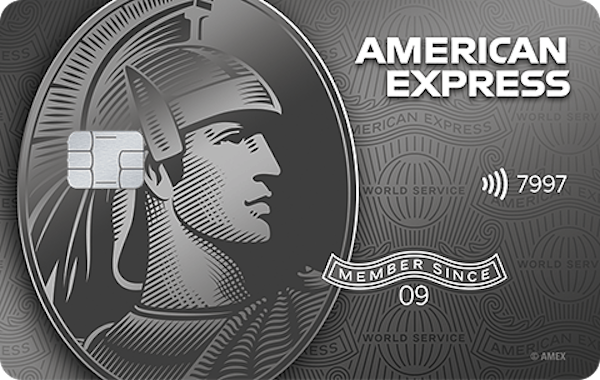
on everyday purchases
- Card Name
- American Express Essential Rewards Credit Card
- Earn
- 1
- Signup Bonus
-
60,000 Membership Rewards Bonus Points
Apply by 6th May 2025
- Annual Fee
- $9 per month
- Read more
- View Offer
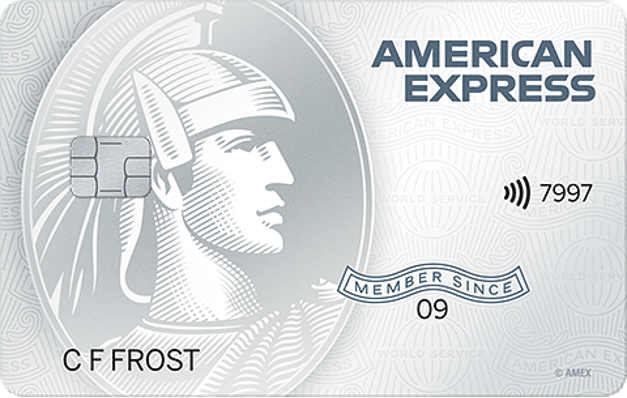
on everyday purchases
- Card Name
- American Express Explorer Credit Card
- Earn
- 2
- Signup Bonus
-
100,000 bonus Membership Rewards Points
- Annual Fee
- $395 p.a.
- Read more
- View Offer
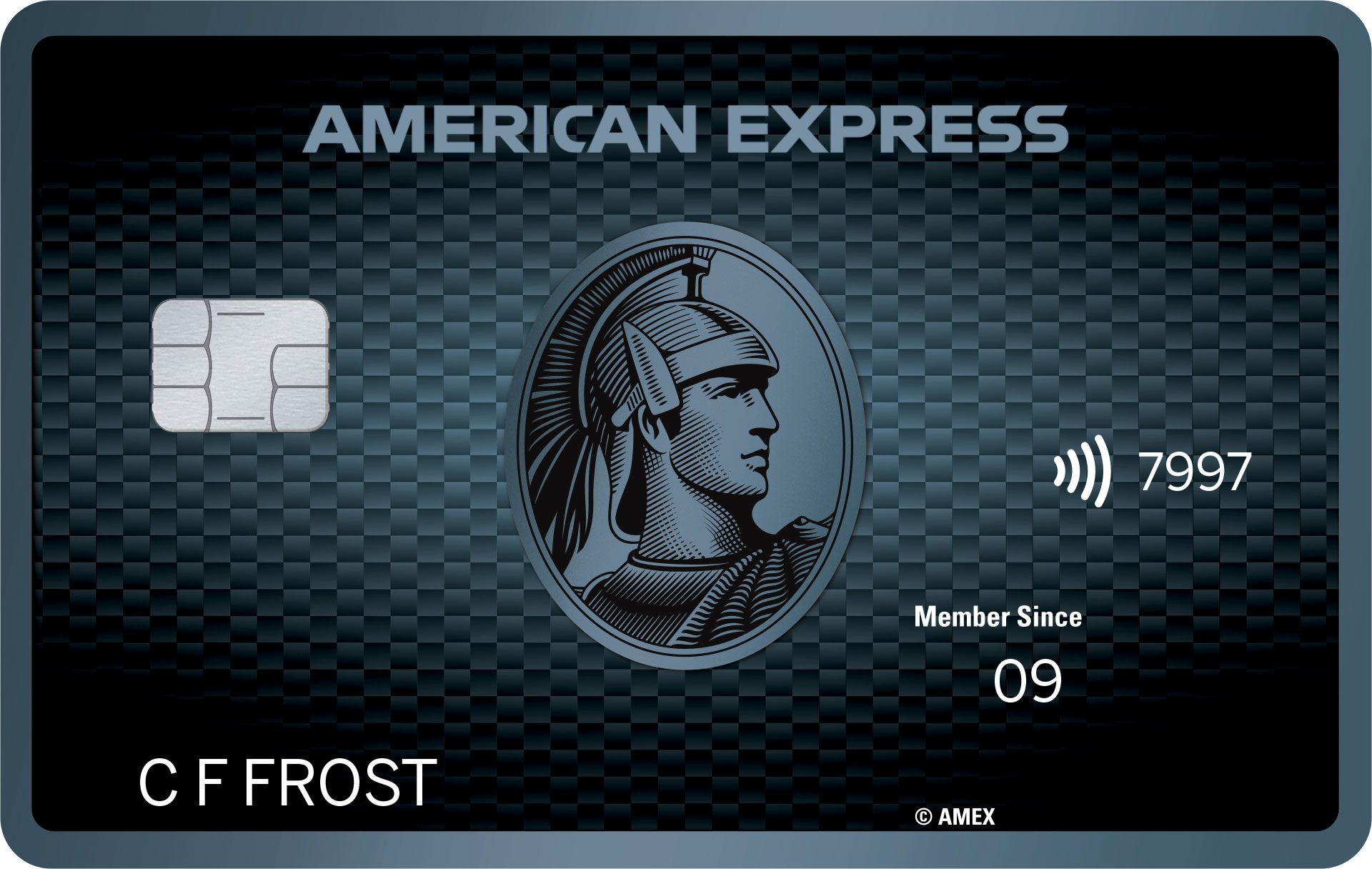
on everyday purchases
- Card Name
- American Express Velocity Platinum
- Earn
- 1.25
- Signup Bonus
-
100,000 bonus Velocity Points*
Apply by 30th Apr 2025
- Annual Fee
- $440 p.a.
- Read more
- View Offer
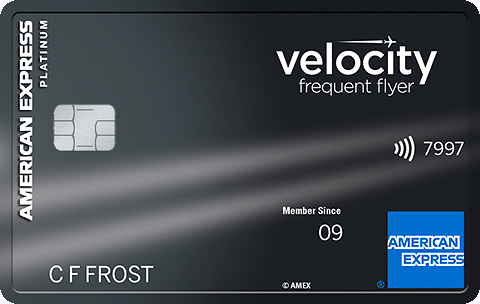
on everyday purchases
NAB also now owns Citibank’s retail banking products in Australia. These include the Qantas Premier Platinum credit card and the Coles Rewards Mastercard.
The Qantas Premier Platinum Card
- Card Name
- Qantas Premier Platinum
- Earn
- 1
- Signup Bonus
-
Up to 90,000 bonus Qantas Points*
- Annual Fee
- $349 for the first year and $399 p.a. ongoing
- Read more
- View Offer
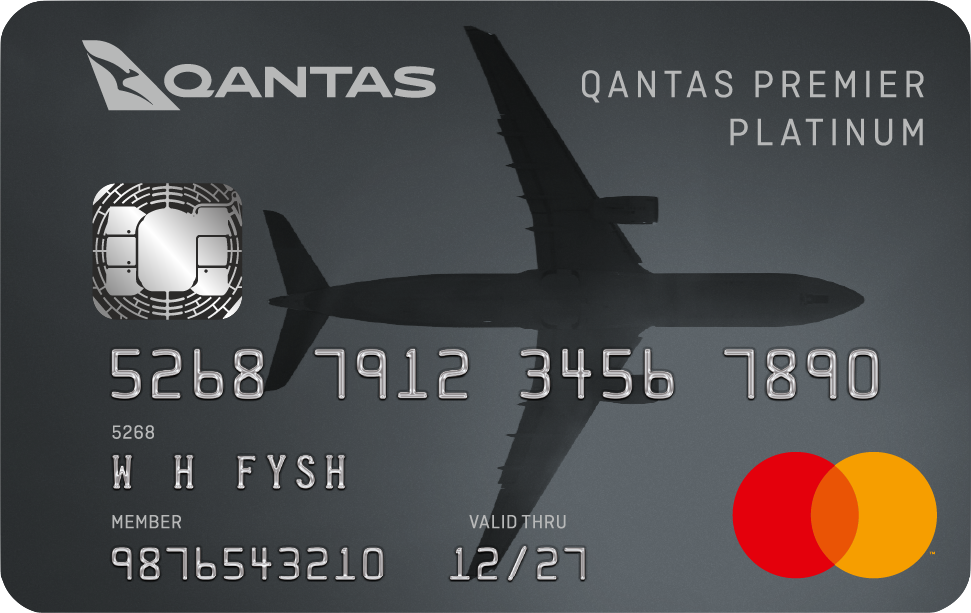
on everyday purchases
If you already have a credit card and would like to upgrade or downgrade it to another product offered by the same bank, that may be easier than submitting a brand new application with a different bank.
Applying in person could help
Some retirees have found success by applying in person at their local bank branch. The local staff there may know you personally, or be able to offer a bit more flexibility. Local bank staff also tend to take a bit more notice if you mention you might need to change banks, should they be unable to accommodate your needs…
One member wrote on our forum:
If you know an actual real-life person who works for a bank then maybe you can do better than the box-tick online application form.
– BCons
For example, one retired AFF member reported success applying for a credit card in person at a Westpac branch:
My recent experience as a retiree of 13 years with substantial super assets, cash and property. Thought I would apply for a new points earning cc with a bank.
So applied online with a couple of banks, immediate rejection by the computer on one, and a few days another rejection after a request for further information. In both cases I supplied records of super payments and subsequent payments into my savings account. Had an excellent credit score.
I then decided on a different approach, and went to my local Westpac branch where a banker was more than happy to take my details and submit my application, which was subsequently approved.
She was very informative in that she said applications from retirees were dealt with by a separate section of Westpac credit cards, and were not subject to an automated computer rejection. She also indicated that the Government had changed the rules in relation to credit card lending which had made it more difficult for banks to issue credit cards to retirees, even with super income.
– willclan
Another member wrote:
We sent through a letter from our Financial Planner outlining proof of income ie monthly drawdown and Super account balances (along with tax returns.) Westpac were happy with that, though all they had to do was look at 4th of every month for the past 4+ years to see the $$ hitting our Westpac account!
– Flyfrequently

Applying for credit cards is harder when retired, but not impossible
Many retirees would have no trouble paying off their credit cards each month. So, AFF members feel it’s unfortunate that banks don’t make it easier for retirees to get credit cards.
Ultimately though, as long as your application meets the bank’s standard criteria and you can demonstrate sufficient regular income, there is a chance of success. You might just need to jump through a few extra hoops if you aren’t currently in regular employment.
But if you can’t demonstrate regular income to the bank’s satisfaction, you may have trouble.
Because of this, retirees should perhaps think twice before cancelling existing credit cards. There is a chance you might not be able to get a new one.
If possible, apply for credit cards before you retire
If you’re still working, keep in mind that it will probably be much easier for you to apply for new credit cards before you retire! This is particularly the case if you want to get a higher-end card such as the benefit-packed American Express Platinum.
If you’d like to learn more about earning points with credit cards, check out the second course of AFF’s Frequent Flyer Training. This course is free for all AFF members.
The AFF forum has lots more tips for retirees
You can read more tips and real-life case studies from other retirees on the Australian Frequent Flyer forum. If you’re an AFF member (it’s free to join!) you can also ask questions and share your own experiences:















































































Community Comments
Loading new replies...
Join the full discussion at the Australian Frequent Flyer →